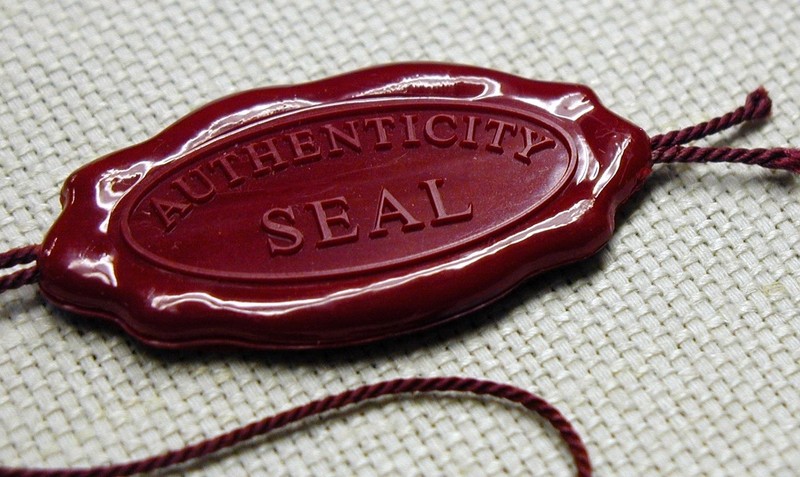
Steve Heimoff, whose wine blog is always outstanding and insightful, really caught my ire today. His recent post Using “authenticity” as an inauthentic marketing tool completely missed the mark for me. A recent study showed that "Gen Y" holds authenticity to be a strong value when choosing wine. Heimoff rightfully challenges this concept as vague and difficult to pin down. Sadly, he also accuses marketers of taking advantage of this vaguery. Here is where he misses the mark: Authenticity, by it's very nature, is more resistant to "inauthentic" marketing techniques. Heimoff's claimed ignorance as to what constitutes authenticity is also sort of lazy. Here are some examples of things that are categorized as authentic in my book:
- Any sincere attempt at the involvement of terroir
- Wines that come from a specific location
- Wines produced by a wine maker with staunchly held beliefs and vision
While these are very loose and certainly open to interpretation, I believe an operative term is sincere. when wines are made sincerely, the ending result is more "authentic". What is an insincere wine you may ask? Rex Goliath, Blackstone, 7 Deadly Zins, etc... While not necessarily bad wines, these wines couldn't be vaguer. They have no vision, no specific place, no style and no sincerity. These wines are all the result of marketing, and are therefore the opposite of authentic. If Heimoff can't tell want constitutes authentic in wine, maybe he should ask a Gen-Y'er, they seem to have a pretty good feel for it.
I know that Heimoff is really attacking the language of this report more than the results, but it's reckless to discount a revolution in consumer sophistication because of the language of the people analyzing the results. These are significant results.










I would add that authenticity comes, for some Gen-Y drinkers, from being confirmed in their opinions by their peers. That is to say, “hey I bought this bottle of wine, let’s drink it.” “Wow, the wine you bought is really good.”
ReplyDeleteThis type of confirmation and affirmation is driving a slew of online sites like snooth, cork’d or yelp. People are beginning to believe more their peers and not the “experts.” This is a terrifying concept for the old guard as they cannot control the message. If, as you point out there is an authentic idea, passion or unique quality in a wine; maybe there isn’t any other message that needs to be controlled?